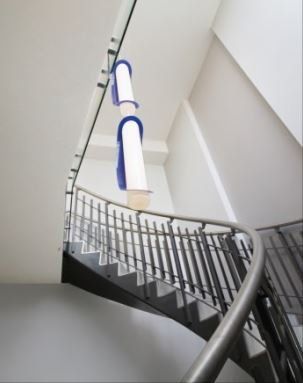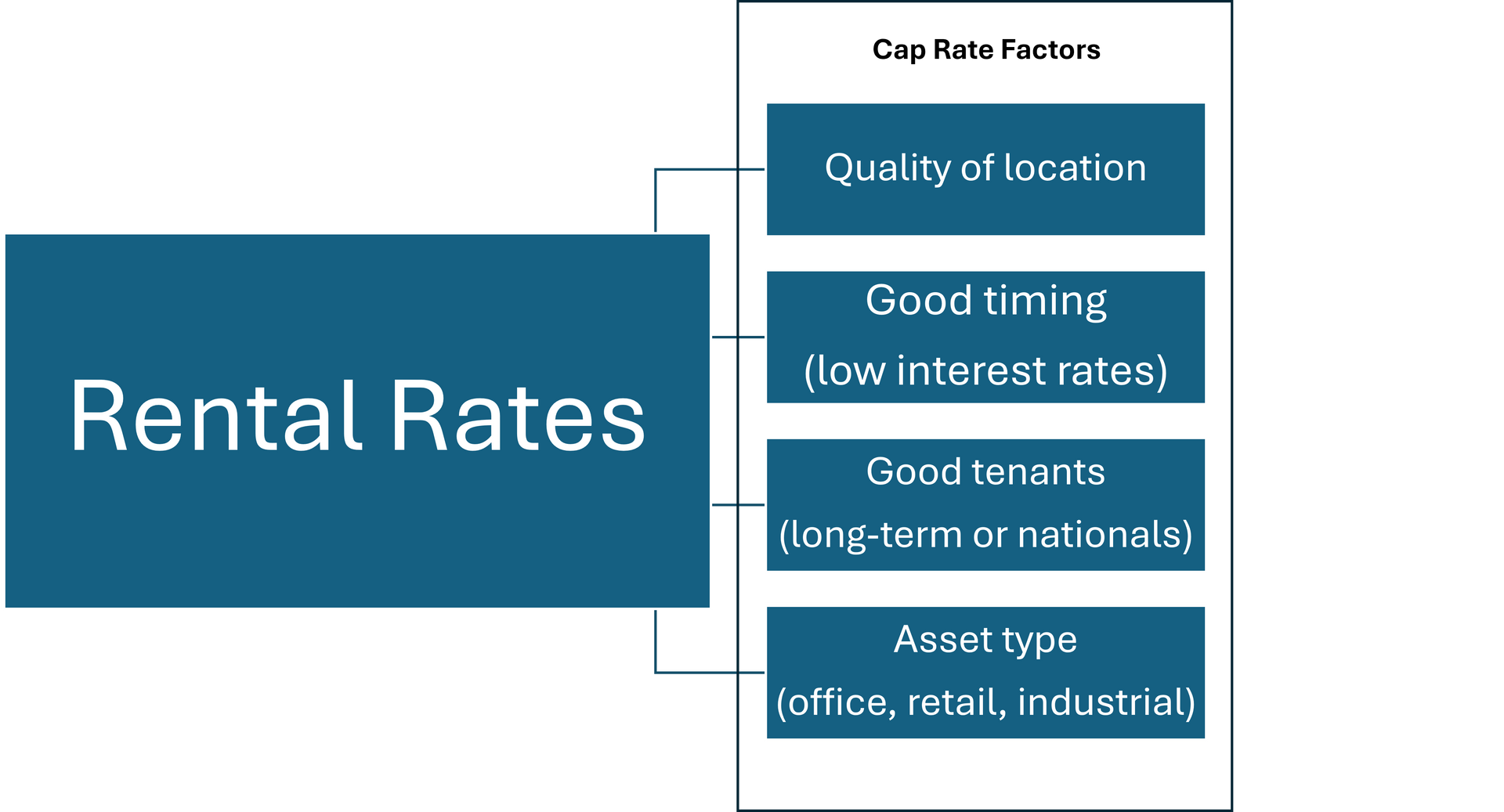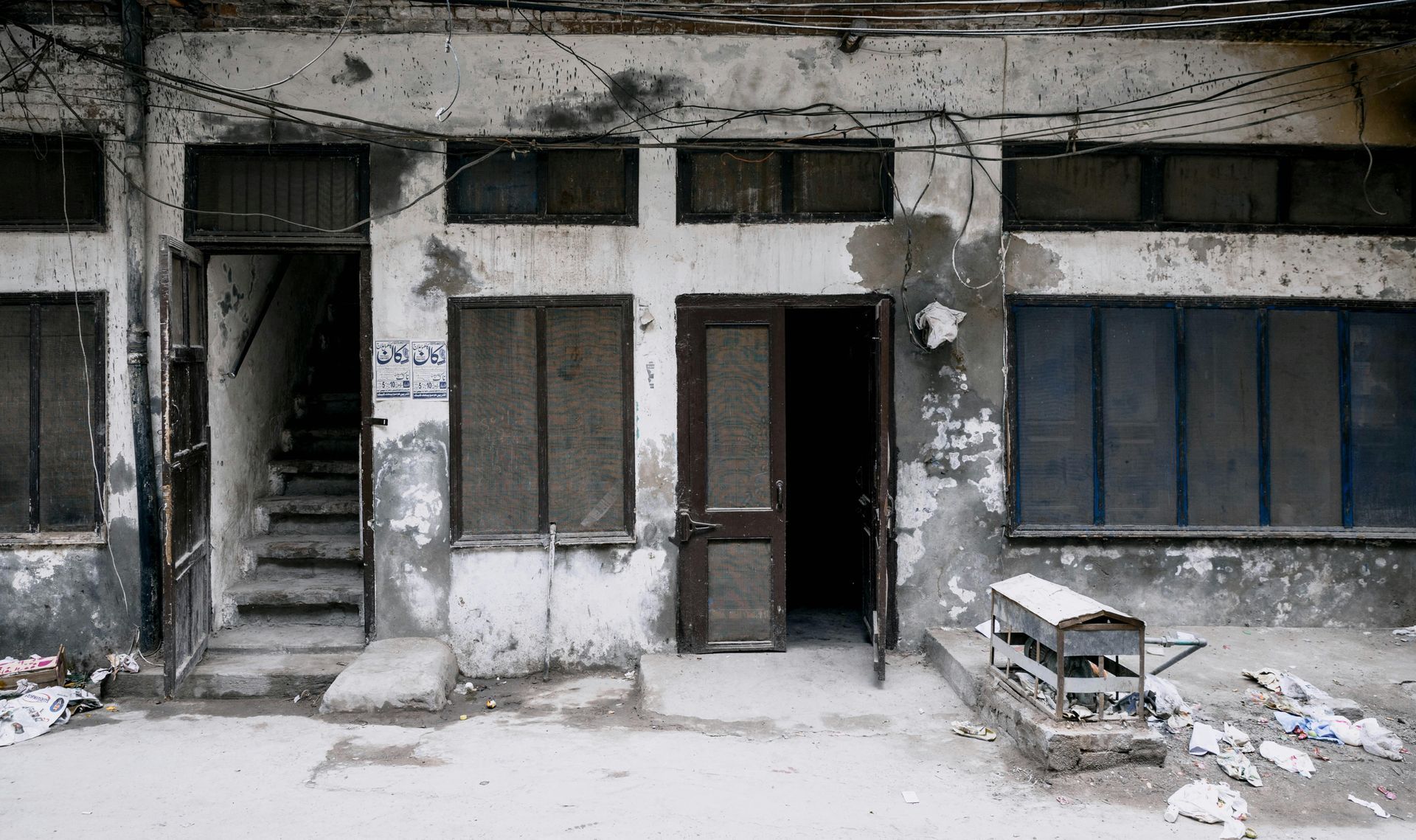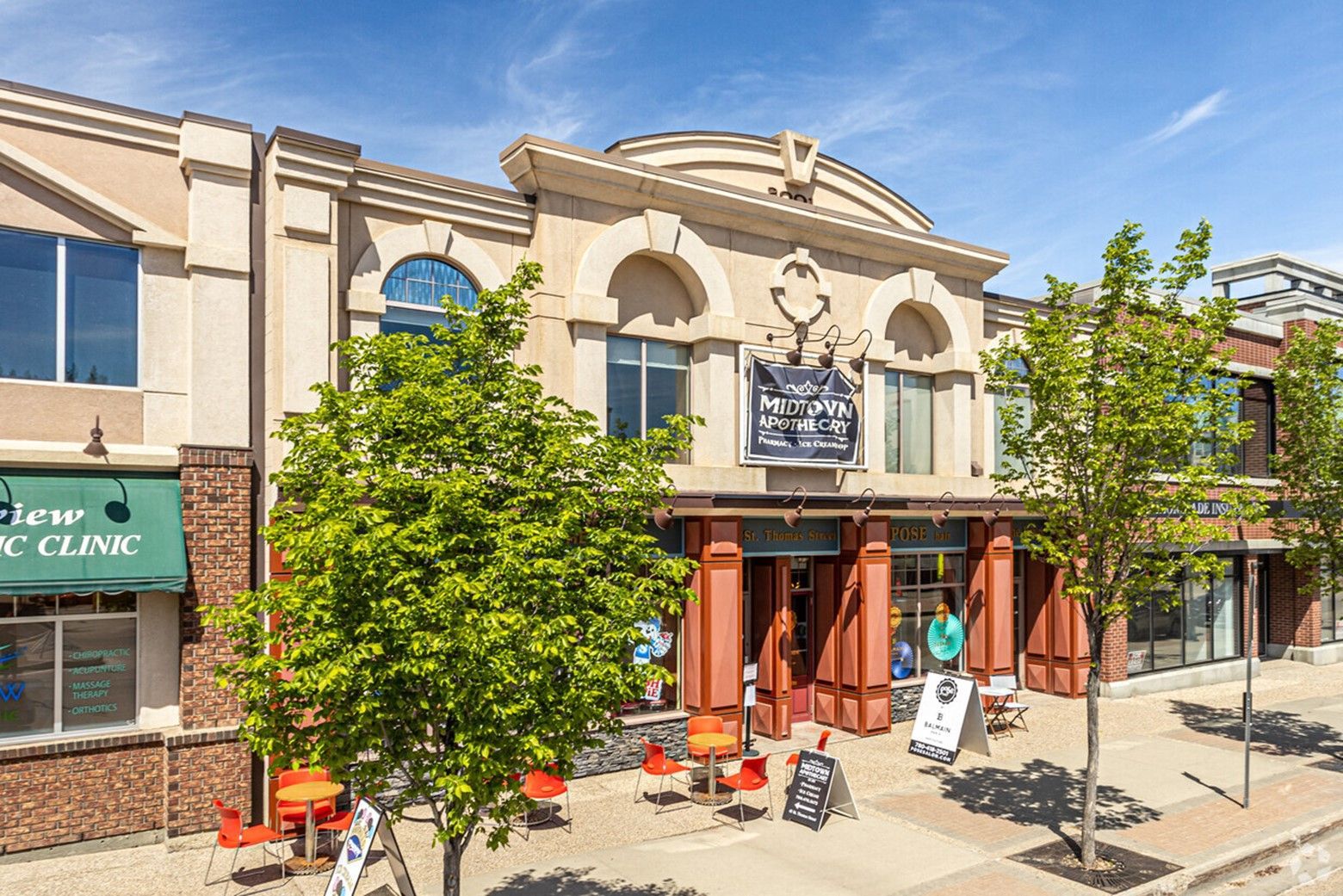Are Commercial Real Estate Prices Falling?
Tom Dean • January 17, 2021
It depends...

Every day we have people ask us, are prices falling because of COVID, the economy, or any other number of reasons. Real estate buyers are always looking for a deal, but is this the best time to buy, or are we going to see prices drop as we move into 2021.
Bottom line up front: It depends.
The price of any asset will be determined by market conditions and the product of individual motivations. Generally, as COVID goes on and we see contracting economies and rising unemployment, we will likely see real estate prices go down in the mid-to-long term.
Put simply, the price of any real estate asset is determined by what the market will bear (motivation level of buyers) and the seller's motivation level. Supply and demand.
Let's take these one at a time.

What will the market bear?
Any buyer has to weigh a lot of considerations when buying a property. They have to evaluate what fair market value is for the property – this is often done by looking at other comparable properties. The buyer may have to consider the cost of buying a piece of land and building something specific versus their finding something in the market that is already suitable for their needs. If the cost of building from the ground up is similar or lower, the buyer will have to weigh the time and inconvenience of building against the value of buying something "turn-key" and ready for occupancy.
Suppose the cost of buying an existing building is more cost-effective (which it usually is). In that case, the user might make some sacrifices in their ideal space, for practical and monetary reasons.
These considerations will be driven mainly by what inventory (buildings) are available in the marketplace and those options' suitability. Suppose there are many suitable alternatives (most office space fits this category). In that case, it drives prices down as more inventory is available on the market that will be suitable to a general user. Cost leadership becomes the primary driver of absorption in these situations.
If the business seeking space is highly specific, then a suitable space will have increased value for the particular business in question. But, it will have a lower value to the market as a whole, putting downward pressure on values since the seller has a small buyers pool. In these cases, the building's replacement value, or construction cost of a new build, and land cost will be primary drivers in pricing. This applies to all highly differentiated commercial space.
Looking at seller motivations
Another factor that affects every transaction is the seller's motivation. Why are they selling, how motivated are they to sell in the short term?
Real estate has low liquidity, and commercial real estate especially so. This creates a wild card when looking at the seller's level of motivation.
If they want to sell quickly, the price is generally reduced to open up the pool of qualified buyers and make the given asset (building) more appealing than other properties.
If the seller is already highly liquid or disposition (selling) of the asset isn't a major priority, then you can expect the property to stay on the market longer until the seller gets an offer they're happy with or their motivation level changes.
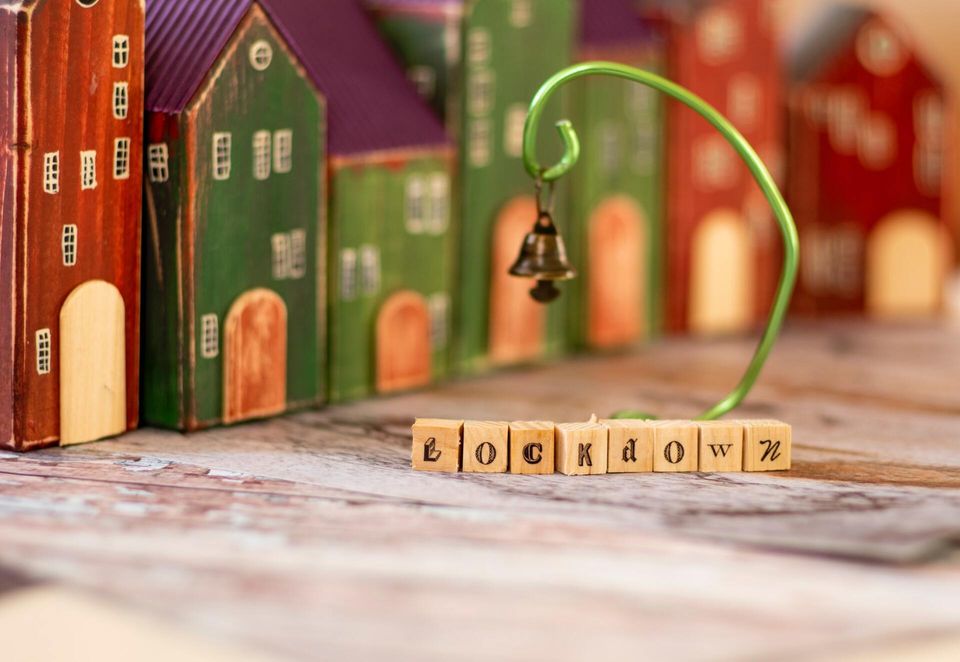
So, are commercial real estate prices falling?
From a buyer perspective, an increase of seller motivation and the availability of a lot of inventory will drive down prices.
We see a decrease in sales volume over the last two quarters coupled with asking prices generally stable or down slightly. Deals are available, but not in the numbers that were imagined when the pandemic started.
Landlords have generally worked with their tenants to ensure that partial payments have been met. Owners and banks have also worked on arranging alternative payment schedules in some situations.
Owner-users are typically in a more dangerous situation, especially if their income has taken a hit. Some of these are under threat of bank action, but many banks are holding off of foreclosures
and legal action because they are, themselves, unwilling to sell into the market at a depressed (market) rate. Many banks are therefore playing a waiting game as well, which has helped to steady the market.
In cases where the owners are new, they may now be "upside down" in their mortgage (meaning they owe more on the building than the building is worth or can sell for in the current market). These sellers may be motivated, but they may also be unable or unwilling to take a loss on the property, preferring to be foreclosed on than to take a large capital loss.
Owners with little or no debt on their buildings can go either way, they may be willing to sell the asset to make an exit and pull out what money they can, or they may try to lease the building out or simply hold it until market conditions improve. Optimists will tend to hold on, expecting prices to rise, and pessimists will prefer to sell – before the bottom drops out of the market or banks begin legal action against delinquent owners.
As time goes on, we also see the gradual erosion of buyer confidence. Most brokers have had the experience of having much interest in their inventory, but a lack of offers or of deals closing on investment property. Almost all banks have also tightened their lending criteria, and some banks are only interested in taking deposits rather than the issuance of new debt. For this reason, a growing problem in the marketplace will not only be more inventory but fewer buyers.
In conclusion, as with everything in commercial real estate, the answer to this question is as specific as the ground the building occupies and the ownership group of the particular asset. Generally, yes, prices are going down, but we're likely to see the most "deals" upcoming when banks start to take action against their borrowers. If this happens, it could cause a flood of property onto the market, which will either be sold at a dramatically reduced price, or sit on the market for years as the market struggles to absorb the new vacancy.

